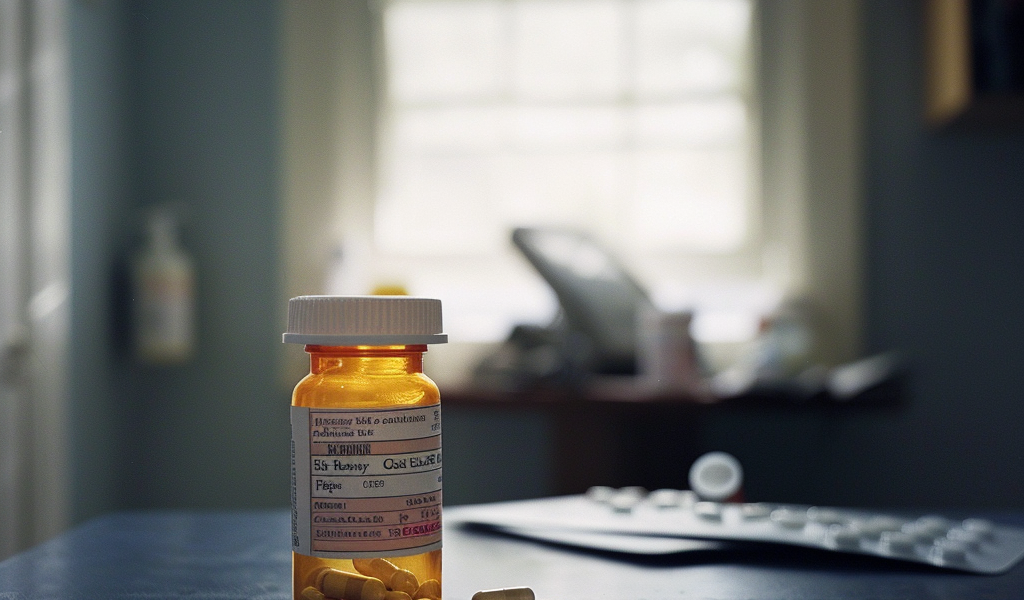The U.S. Food and Drug Administration (FDA) has announced a voluntary recall of the antidepressant medication duloxetine, following the discovery of carcinogenic impurities in the drug. The recall was initiated by Rising Pharmaceuticals, Inc., a New Jersey-based distributor, on November 19, 2024. The reason for the recall is the presence of N-nitroso-duloxetine, a nitrosamine impurity that exceeds the recommended interim limit set by health authorities.
Duloxetine is classified as a serotonin-norepinephrine reuptake inhibitor (SNRI) and is commonly prescribed for managing major depressive disorder. This medication works by balancing neurotransmitters in the brain, specifically serotonin and norepinephrine, which play crucial roles in mood regulation and emotional stability. Additionally, duloxetine is utilized in treating generalized anxiety disorder and is known for its efficacy in alleviating neuropathic pain associated with conditions like diabetes, fibromyalgia, and chronic musculoskeletal pain.
By blocking the reuptake of serotonin and norepinephrine, duloxetine increases their availability in the brain, thereby helping to regulate mood and anxiety levels. Furthermore, it modifies how pain signals are processed within the central nervous system, providing relief for individuals suffering from various chronic pain conditions.
The FDA has categorized this recall as a Class II risk level. This classification indicates that while exposure to the violative product may result in temporary or medically reversible health consequences, the likelihood of serious adverse health effects is considered remote. The recall affects a total of 233,003 bottles of 60 mg duloxetine, including 30-count, 90-count, and 1000-count packages.
The presence of N-nitroso-duloxetine raises significant health concerns, as nitrosamines are classified as probable human carcinogens. Long-term exposure to these impurities can potentially elevate the risk of developing cancer. Nitrosamines can form unintentionally during the manufacturing process, storage, or through interactions with other substances. Regulatory agencies, including the FDA and the European Medicines Agency (EMA), impose strict limits on nitrosamine levels in pharmaceuticals. When a product exceeds these limits, it is deemed unsafe for consumption, prompting immediate recall actions.
This is not the first instance of duloxetine being recalled due to similar concerns. In October 2024, Towa Pharmaceutical Europe also recalled its duloxetine products for the same reason, highlighting ongoing issues related to nitrosamine impurities in medications.
Patients currently taking duloxetine are advised to consult their healthcare providers for guidance. It is crucial for individuals to understand the implications of this recall and to explore alternative treatment options if necessary. Healthcare professionals can assist patients in determining the best course of action, including potential medication adjustments or monitoring for any adverse effects.
As the situation evolves, the FDA continues to monitor the safety of medications and will provide updates as more information becomes available. The agency emphasizes the importance of patient safety and the need for vigilance in addressing potential health risks associated with pharmaceutical products.
For those who have received duloxetine prescriptions, it is recommended to check the packaging for any affected lot numbers and to follow the guidance provided by healthcare professionals. Staying informed about medication recalls and safety alerts is vital for maintaining health and wellbeing.
In light of this recall, the FDA urges manufacturers to adhere to stringent safety protocols during the production and distribution of medications. Ensuring the integrity and safety of pharmaceuticals is paramount in protecting public health and preventing potential health hazards related to drug impurities.
As the healthcare community navigates these challenges, patients are encouraged to remain proactive about their health, seeking information and support as needed. The recall of duloxetine serves as a reminder of the importance of regulatory oversight in the pharmaceutical industry and the ongoing efforts to ensure the safety of medications available to the public.





